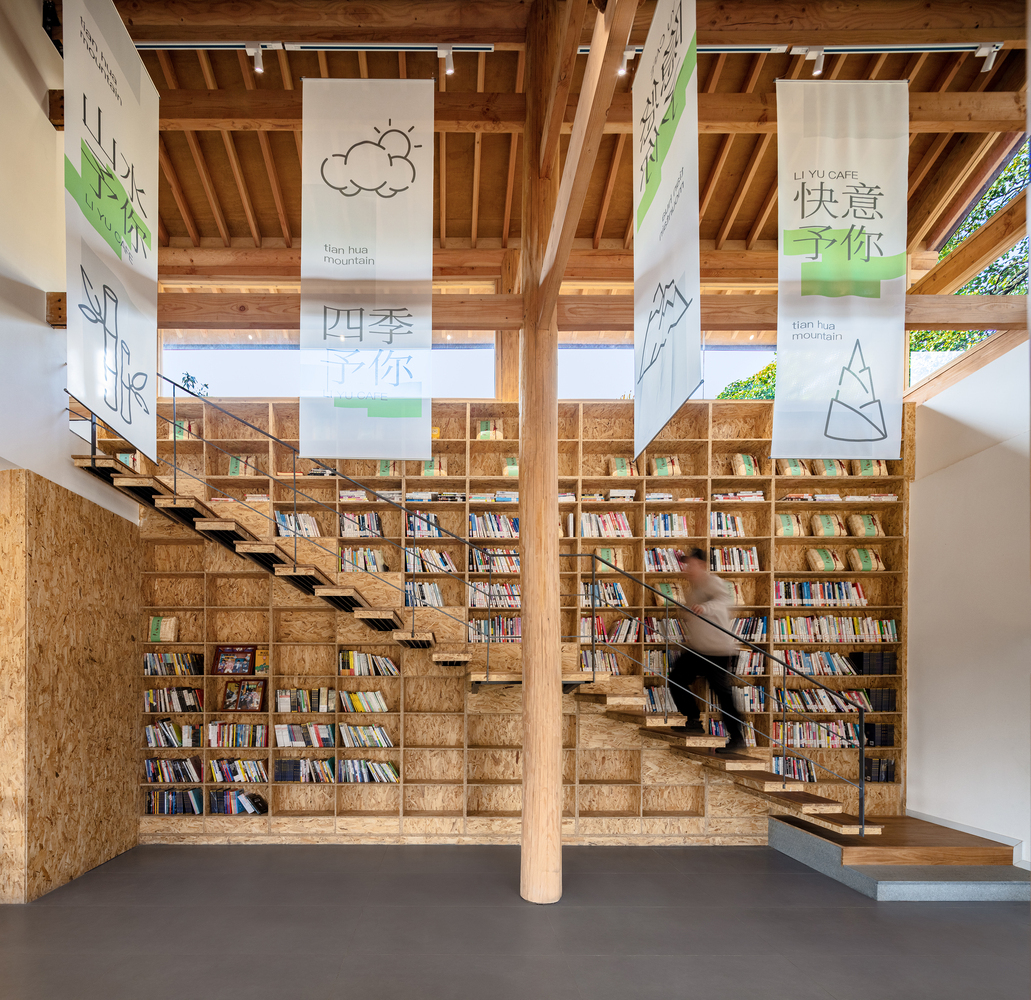Spaces for Browsing: Balancing Commerce and Community in the Design of Bookstores
The contemporary bookstore is a paradoxical space. It is commercial, but rarely commercialized; public, but often privately owned; small in scale, but expansive in impact. As adjacent architectural typologies evolve under the pressures of digital consumption, economic precarity, and changing social habits, the bookstore has not dimensioned, but adapted to the twenty first century. It is not a site for private or institutional literary exchange, but a spatial hybrid that accommodates ritual, rest, performance, and socialization.
This adaptation reflects the convergence of architectural intention, design innovation, and cultural demand. Bookstores today are designed not only to sell books, but to cultivate belonging and community support. They provide physical infrastructures for spatial and social engagement that extend beyond transaction. They ask architects to think not just in terms of circulation and shelving, but in terms of atmosphere, affect, and adjacency.


 Picture: Shanxi Architectural Photography
Picture: Shanxi Architectural Photography
Comments :